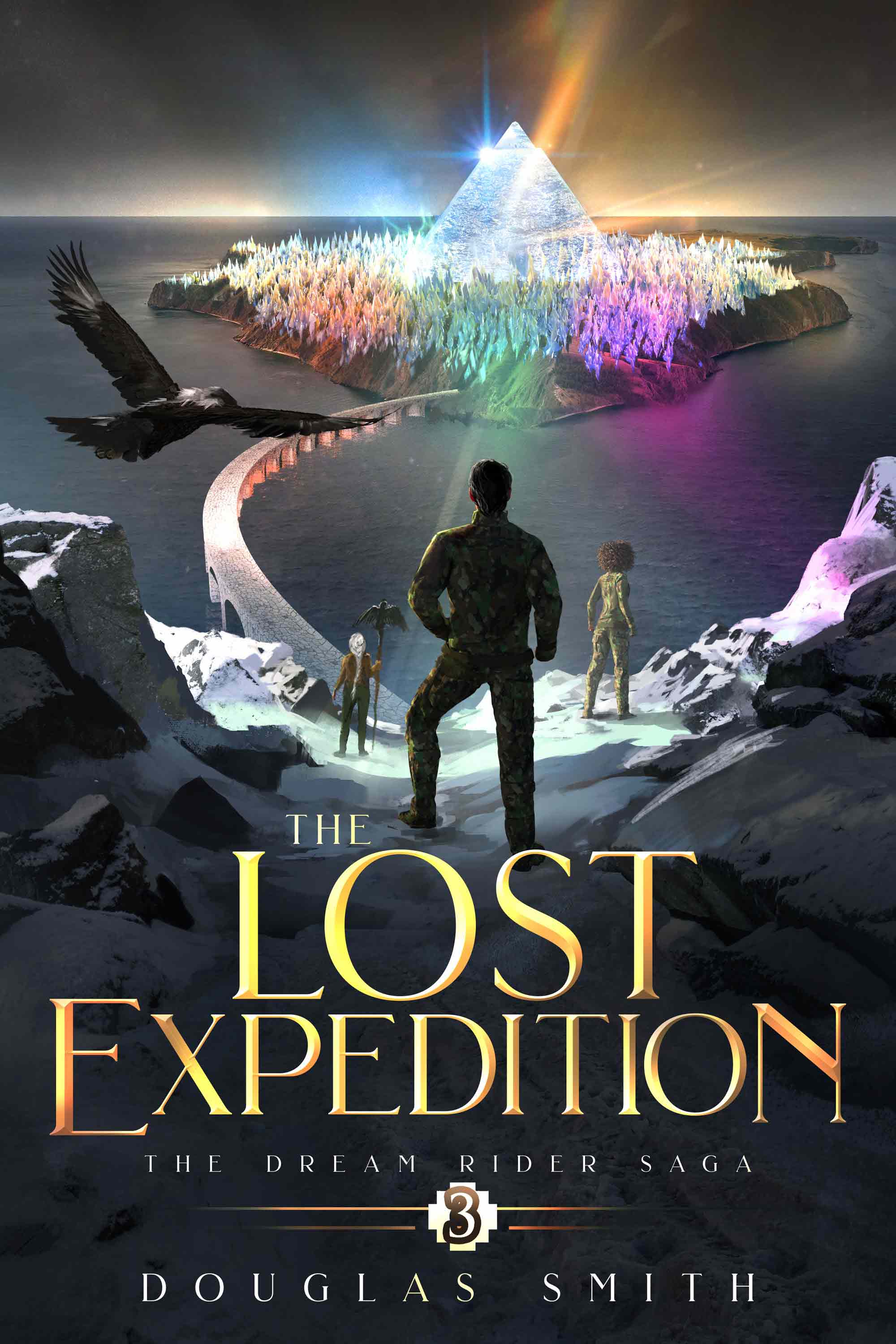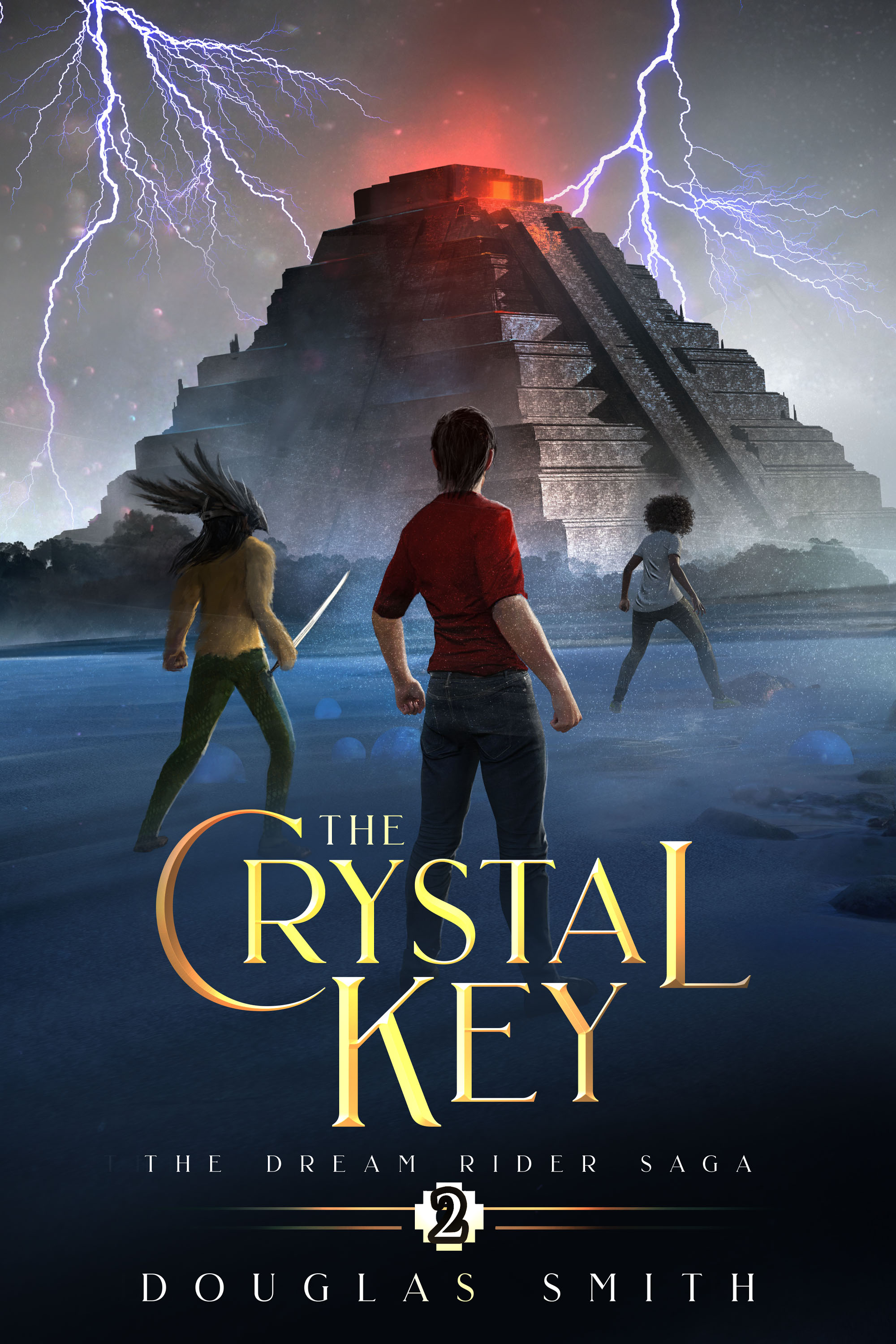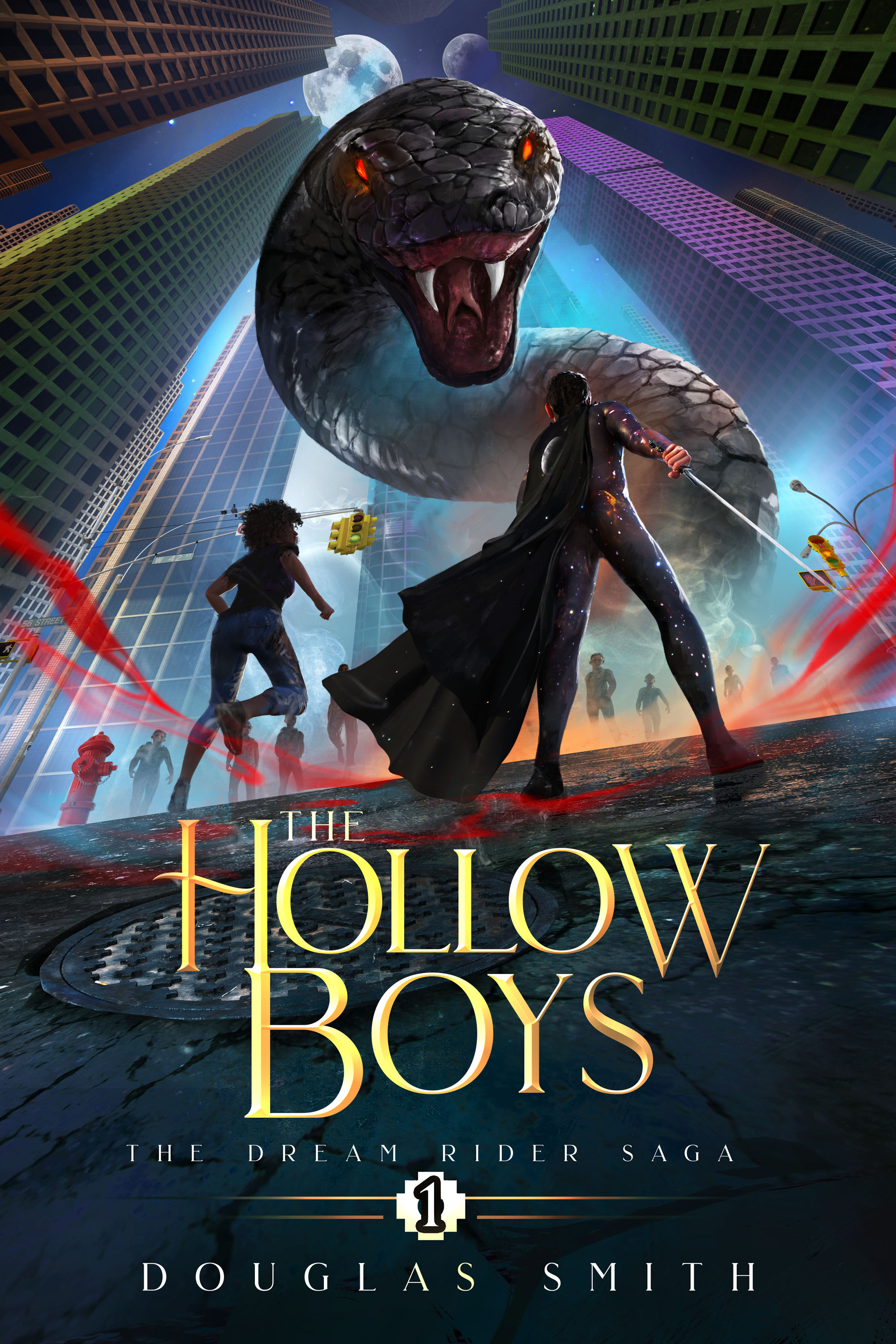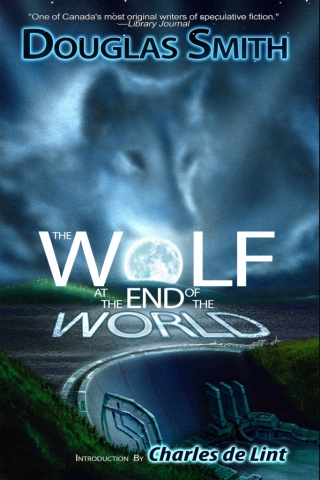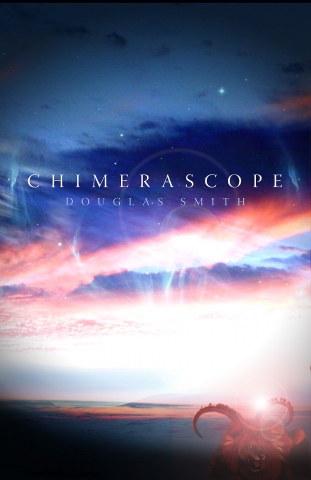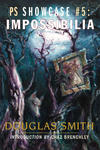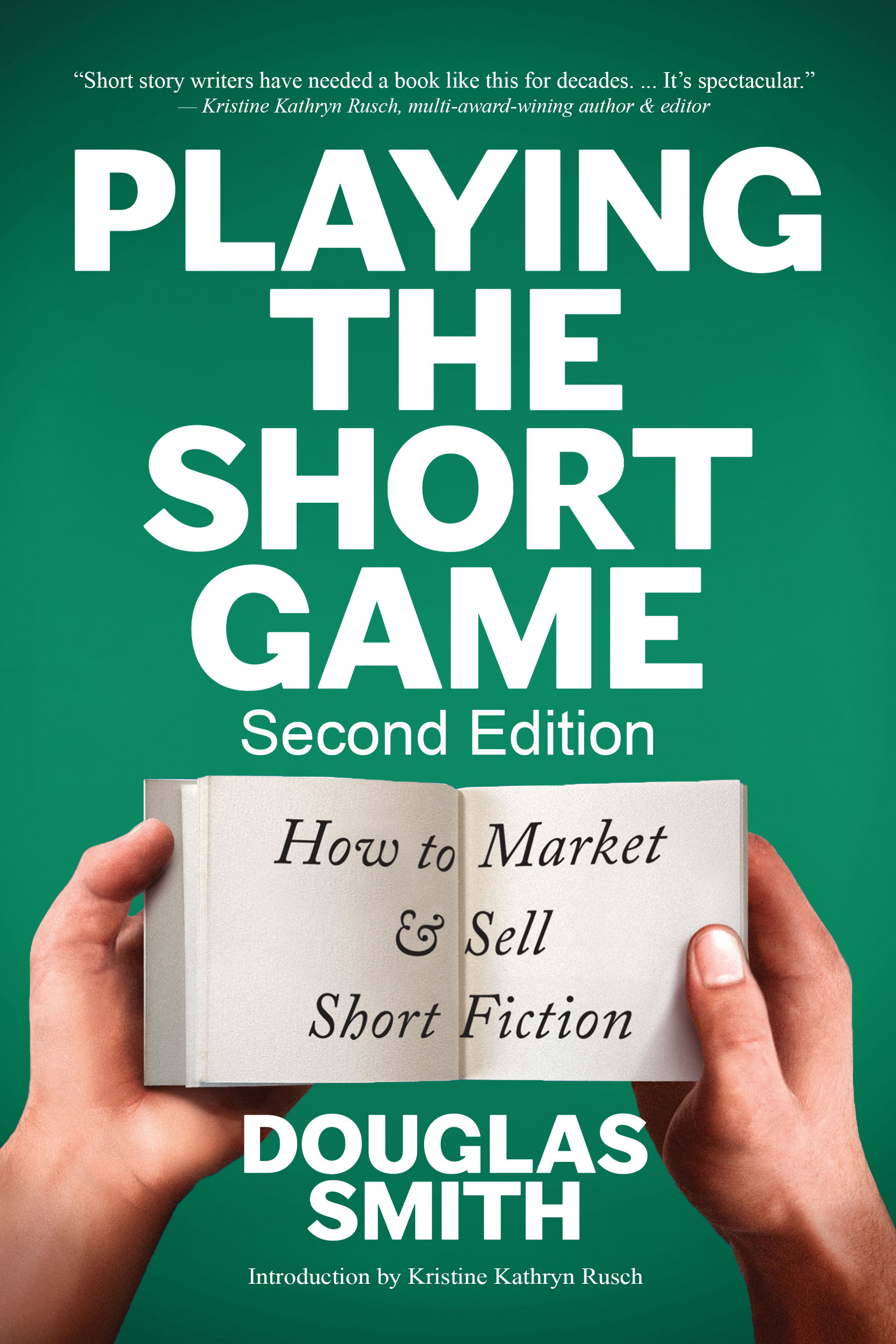Readers, Writers, and THAT Question
© Douglas Smith
Maybe it comes during a panel at a convention, or at a party, or in an interview. But if you're a writer, sooner or later someone will ask you that question: "Where do you get the ideas for your stories?"
It is both the single most common question asked of writers and the one that puzzles writers the most. And our answers, I think, usually puzzle our questioners just as much.
I can explain the problem. I believe that the shared confusion that the question generates stems from a misconception, albeit a very reasonable one, on the part of most non-writers regarding the writing process. To the non-writer, the following makes perfect sense: "This person is a writer. Therefore, they must need ideas to write about. So I wonder where they get all those ideas?"
Actually, from a writer's perspective, the experience is more like this: "Arrgghhh!!! Not another idea! When the @%$#^*! am I ever going to have time to write all these stories?"
Asking a writer where he gets his ideas is like asking a beleaguered doctor in an under-staffed emergency room where she gets her patients. And you'll likely receive a similar response from both: I don't know and I don't care. I just try to fix them up as best I can and send them out into the world. But I do wish that whoever is sending them to me would slow down a bit.
Most of us are writers precisely because we are always getting ideas for stories. And a lot of us would be quite happy to have fewer of them cluttering up our mental waiting rooms, thank you very much. Part of the difficulty in answering that question is that it strikes to the core of the creative process of writing a story. I think that is why readers ask the question so often. They are trying to uncover the secret, the address to that waiting room with those ideas sitting around in it.
Unfortunately, there is no common secret that all writers share–other than it's hard work. The creative experience is as unique to each writer as the written product that it produces. However, even if two writers follow wildly different approaches to creating a story, there will be some common aspects. And understanding those aspects helps explain why that question is so difficult to answer.
First, story ideas, let alone stories, do not arrive fully-formed, ready for the writer to bang them down on paper as if taking dictation. Occasionally, you may get lucky that way, but those stories are by far the exceptions. Stories start with some central kernel that grows, with a lot of life support from the writer, into what a reader might think of as the "idea" of the story. What follows is a lot of hard work and experimentation as the author builds the story word by word and brings in all the different parts that make the whole. Understanding where an author gets their ideas for their stories sometimes means understanding the whole process by which a story is built.
To make matters worse, not all of the ideas that show up are good ones (ninety per cent of what comes out of Hollywood proves that). Writers must perform some sort of triage on the ideas sitting in their mental waiting room: which ones need to be pulled into O/R now and written before they drive me crazy (crazier?); which ones need more time to diagnose and should be kept waiting; and which ones are the malingerers–ideas so incredibly stupid that I'll try to ignore them and hope that they go away and stop bothering me until I see someone else resurrect them in a movie.
Even in a genre like science fiction, often called "the literature of ideas," the stories don't always start with the scientific idea that readers may view as the core of the tale. One of my favourite writers, the late Roger Zelazny, said that his stories began with either a character, a striking image, or an idea. Good stories combined at least two of those elements, and the very best all three. Orson Scott Card mentions the same concept–combining multiple, apparently disparate and incongruous ideas into one story. So a writer, even in a short story, is rarely working with just one "idea."
I should tell you that there are a couple of variations on "where do you get your ideas?" that the writer can actually answer, often without evoking any facial contortions. First, most writers will have some recollection regarding the genesis of a particular story. They may not know or understand from where the original flash of insight came, but they can usually describe the events surrounding the initial creation.
For example, my fantasy story, "The Red Bird," (On Spec #45) combines martial arts, a lonely beach, and a very singular bird into a fable set in what might or might not be late 14th century Japan. So where did I get the idea for the story? I'm not sure, but I can explain the events that led up to the idea. As a child, I spent many summers with my family at a rented cottage on Georgian Bay, just north of Wasaga Beach. My favourite memories are of early mornings, windy and overcast, walking on the wide sandy beach, alone except for the crashing of waves and the cries of the gulls.
Many years later, I began studying karate with my oldest son. One summer, our club held a weekend camp at Georgian Bay. Much to my surprise, the location they chose was the same collection of cottages from my childhood summers, and I spent the weekend practising and sparring on that same beach. At the end of the weekend, I walked that beach again, remembering those mornings of long ago.
Somewhere in that stroll, the story was born, initially no more than a strong image of a strange bird with burning plumage and god-like powers of life and death. I don't know from where that image came, but just being in that physical environment with all of its past and recent memories stimulated the creative process for me, and influenced many of the elements that appear in the story.
This leads me to the second variation of our question that is at least answerable. Is there something a writer can do to stimulate writing ideas? Most writers do have an environment into which they will submerge themselves or an activity that they pursue whenever they wish to stimulate the creative flow of ideas–working through a tough spot in a novel or story, fleshing out a plot, recruiting the right characters for a story idea, or searching for the right visual image. I believe that certain activities and environments lend themselves to the initial stage of creativity–that first flash of insight that illuminates the core image or kernel of an idea on which a writer builds their story.
In her excellent and recommended book on artistic creativity, "The Artist's Way," author and film-maker Julia Cameron talks about the creative stimulus that any regular, repetitive motion can provide. She cites a number of examples. The Bronte sisters and Jane Austen hid their writing under their knitting. Albert Einstein complained that he always got his best ideas while showering. And for a more contemporary example, Stephen Spielberg claims he gets his best ideas while driving. Good thing he lives in LA–he shouldn't run short on ideas for a long time. I just wonder how he takes notes.
Cameron also talks of a writer who, whenever she needs ideas or the answer to a writing problem, will wash her kitchen floor. Walking, as in my example earlier, is another activity often cited by writers. Sometimes, simply a flow of random images is enough. The earlier example of driving a car includes this aspect. I've had story ideas come to me while sitting on the train just staring out the window. (Writers do a lot of staring out of windows. Please be assured that we are really working very, very hard at these times. Honest. No, really.) Knitting, showering, driving, washing the floor, walking–all of these share common traits: a rhythmic, repetitive, easily-performed action or a well-learned task requiring little conscious thought that lets us put our minds on auto-pilot (okay, the driving example is little scary from this perspective, but for those of us who have driven in LA, it also explains a lot), often coupled with a constant flow of images.
Wait a minute, you say. If writers generally have more ideas than they can handle, and there are ways to stimulate ideas, then how do I explain so-called "writer's block?"
Well, there's not enough space in this article, but here is one reason. A lot of so-called blocks result not from a lack of ideas, but rather a fear of failure combined with a perfectionism that won't allow a writer to accept anything they produce as "good enough." That is, it's not a lack of ideas of what to write about, but rather a lack of confidence (or experience) in how to write it, in turning an idea into a finished story. If you want to read about this issue in depth, I'd refer you again to Cameron's "The Artist's Way."
Before I go, I want to make sure that I'm not leaving you with the impression that you shouldn't ask a writer about where they get their ideas. Ask away. Writers are genuinely happy to meet people who are interested in their work and in how they create it. You may get better results asking about how a particular story came about, or whether the writer has a favourite environment or activity for prompting ideas. But feel free to just ask that question. Now that you know the truth, at least you'll be in a much better position to understand the pained expressions and the low growling noises that follow.

